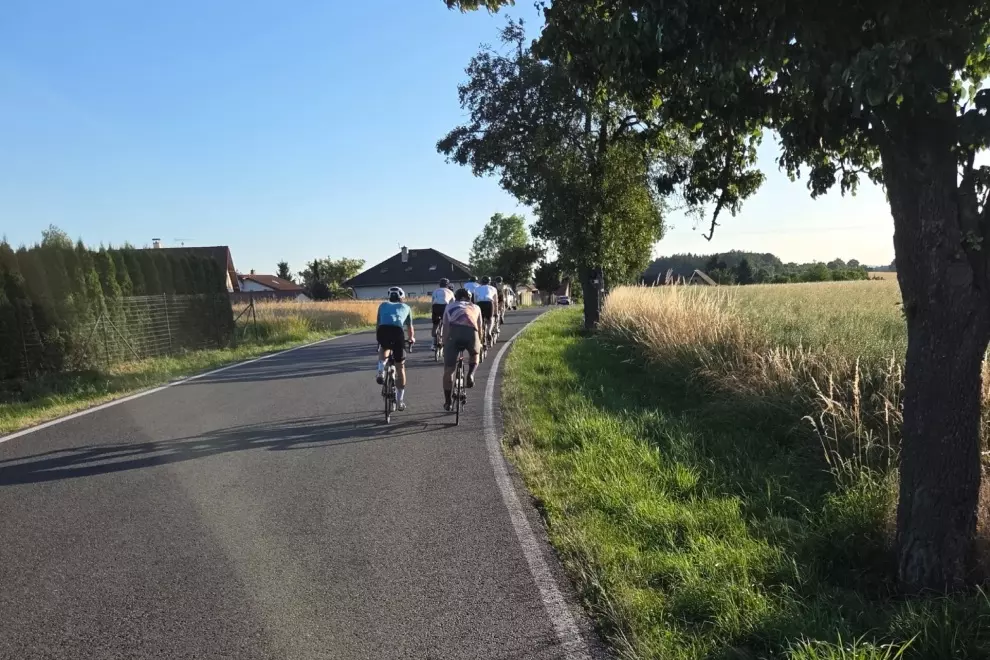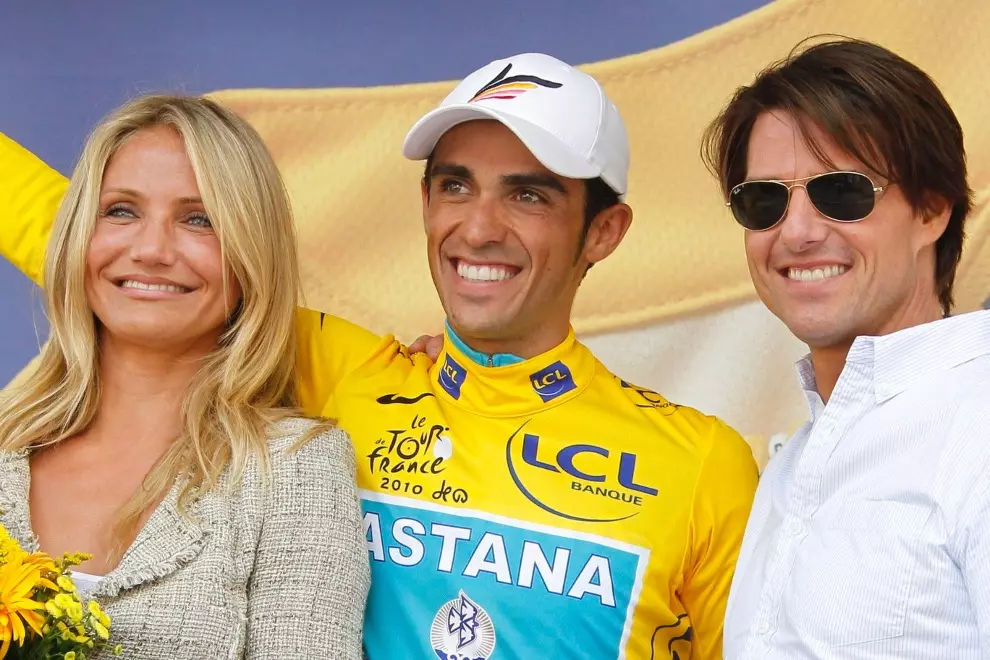According to 25-year-old women’s cycling advocate, Baraah Luhaid, “When I advocate for women’s cycling, I’m advocating for women’s independence. Changing core beliefs requires slow, consistent work. It’s challenging, but someone has to start.” Indeed, while women were technically allowed to ride bicycles, several obstacles still remained in their way.
One obstacle was that women were only allowed to ride bicycles in recreational areas while accompanied by a male relative. In 2015, Ndima Abul-Enein founded Saudi Arabia’s first team of women cyclists, “Bicicleta,” in Jeddah. There, the thirty members of her team ride around the popular seafront road. The next year, Luhaid founded Spokes Hub, Saudi Arabia’s first gender-inclusive cycling community and business. While she is the CEO, her brother often has to represent the business, as it is more socially acceptable. However, she has found workarounds to include women and girls, and one of these is offering service from the back of a van.

Another obstacle is that women must be dressed in full-body coverings. Abul-Enein and her fellow team members ride in long pants, loose shirts and headscarves, with helmets placed over these headscarves. Luhaid, after returning to Riyadh from a bike trip to China, found that her traditional robe, or abaya, kept getting caught in her bike chains. So she has designed a cycling abaya with legs, which is about to receive a patent.
However, Luhaid says that the cultural barriers are the most challenging. She is regularly stopped by the police while cycling, and drivers roll down their windows to shout at her. People were afraid she would lead their daughters astray, so she decided to just lead by example, and people have come to her. It is also unusual to see women cycling in Jeddah, and Dina Al-Quthmi, a member of “Bicicleta,” says, “I hope the community will accept us coming out and freely practicing our hobby without harassment.”
Although change may be slow, things seem hopeful in Saudi Arabia – allowing women to drive is just the latest in a series of changes that are part of an ambitious plan spearheaded by Crown Prince Mohammed bin Salman. This plan to reform and transform the Saudi economy by 2030, also known as Vision 2030, includes increasing the number of women in the workforce.








